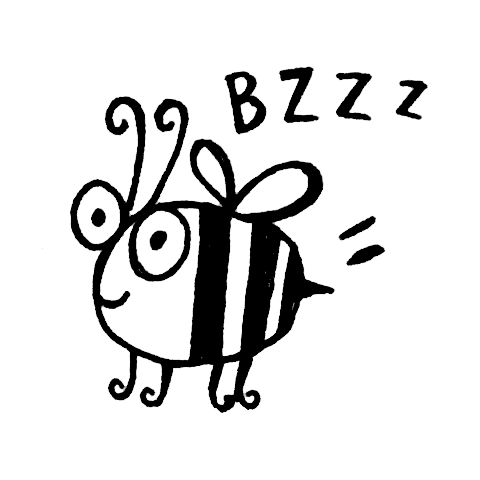Avoid 3 Of The Worst Sleep Mistakes

We all assume that sleep deprivation is an inevitable part of being a new parent. While this may be true for the very early weeks of your new baby’s life, it does not need to be a problem that persists for months. Yes, you can get more sleep, really! There are several mistakes that many parents innocently make that can result in days, weeks, months and even years of sleep loss and problems. The best way for you to avoid these mistakes is to be aware of them. You can avoid the common sleep mistakes and get more sleep early on.
#1. Missing The Window Of Opportunity To Gently Establish Good Sleep Habits
Many adoring parents make the mistake of delaying sleep training because they think it will be easier on their baby. They don’t realize that the strategies they are using to get their baby to sleep will likely drag on and become difficult habits to break when they decide to start sleep training down the road. Most new parents are just trying to get by, and not really thinking long term. This is very understandable, but the fact of the matter is— the longer your baby relies on feeding, jiggling, rocking, or dancing to sleep...the harder it will be to break these habits in the future.
On the other hand, the earlier you encourage good sleep habits, the easier it is on your baby (and your family). I hesitate to call this sleep training because most parents equate sleep training with crying-it- out. In the best case scenario, if you encourage good sleep habits from the get go, no bad habits become ingrained. When there are no bad habits to break, sleep training is a gentle and easy process.

#2. Misinterpreting Night Awakenings
Newborns don’t sleep through the night. They just don’t. They need to feed frequently early on. But eventually, with the right guidance, a baby can learn to sleep for longer stretches. The problem is that when your baby is rocked or suckled to sleep, she will need you to help her fall asleep each and every time she goes to bed or is in a light sleep. This means that during the night she will wake frequently because a young baby goes from a deep to a light sleep almost every hour at night.
Recently, a mom said to me, “My baby must be hungry because when she wakes up, she feeds like a little piggy.” While this may seem logical, once a baby learns to fall asleep on her own, night awakenings reduce or stop happening. So it appears a baby will feed hungrily when she wakes up, even if she woke up for other reasons. Clearly, suckling to sleep is delicious. Naturally, if your baby is hungry, feeding her is one of your greatest priorities. But the best way to limit night awakening to requests for food is to encourage self-sufficient falling asleep. The key is to start putting your new baby in her cradle sleepy awake at least 50% of the time. You can sit by her crib and soothe her with your voice as you encourage self-soothing skills.

#3. Misinterpreting Sleep Sounds
Babies make nosies when they sleep and they move, wiggle, and jiggle. These are not protests, just sleep noises. Yesterday, a mom brought in a video for me to review of her baby sleeping. She was worried her little guy was in pain. We watched the video together and you could see the little man stretching his legs and arms.
Everyone has light and deep stages of their sleep. In a light sleep state, mini-awakenings happen and most of us roll over, reposition a pillow or blanket. Your baby will make noises in his sleep with mini-awakenings that sounds snotty and grunting, and he’ll move his limbs and twist and turn— just like you do. Here’s where the mistake comes in...and this is a mistake I personally made with my second child. If you run and scoop up your baby with every grunt and groan, you’ll actually be waking her up. Instead, hold back and look at your baby. If she’s sleeping, you don’t need to step in. Most sleep sounds last about 5 minutes. Try and hold off and see whether your baby can settle herself before rushing in and waking her up.

